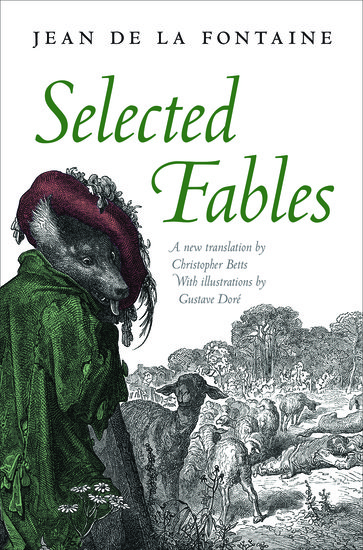Leonardo da Vinci from the Benezit Dictionary of Artists
Leonardo da Vinci was the illegitimate son of the Florentine notary Ser Piero da Vinci, who married Albiera di Giovanni Amadori, the daughter of a patrician family, in the year Leonardo was born. Little is known about the artist’s natural mother, Caterina, other than that five years after Leonardo’s birth she married an artisan from Vinci named Chartabriga di Piero del Veccha.








